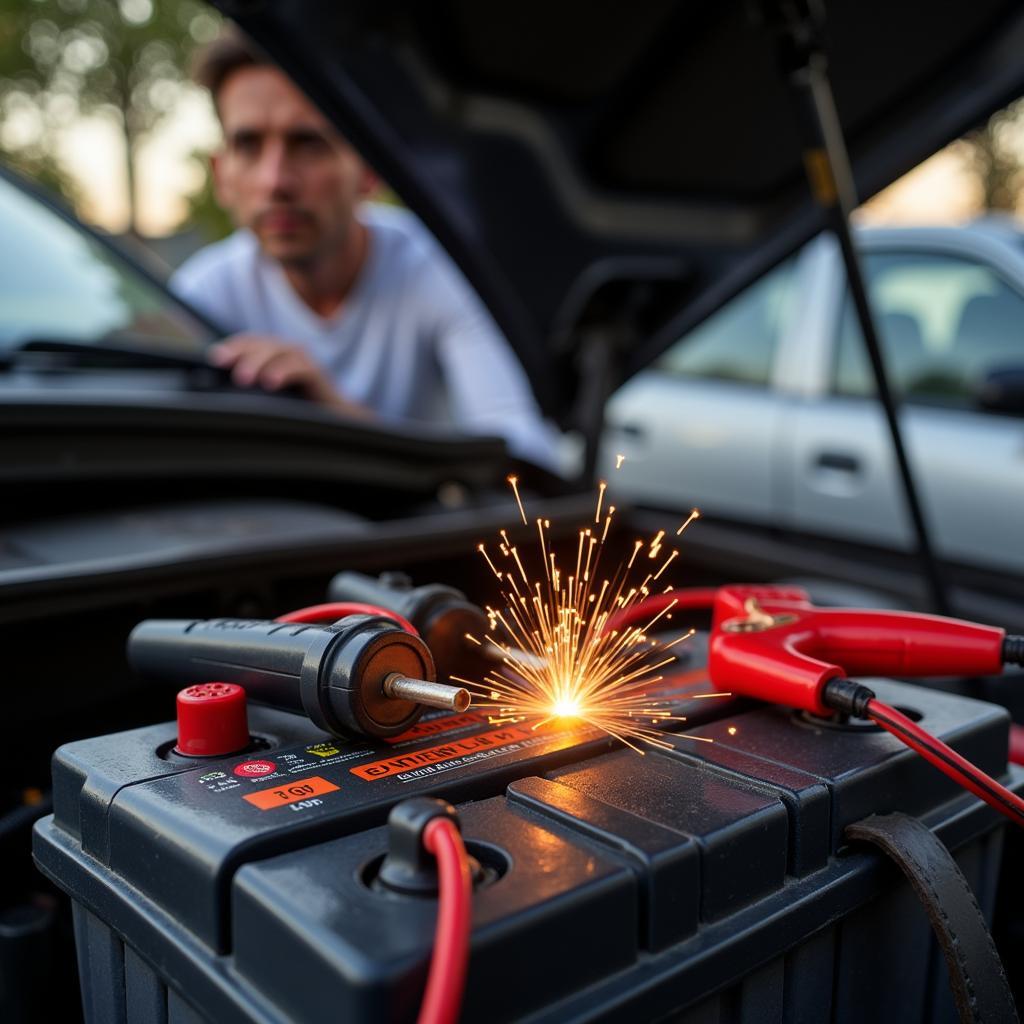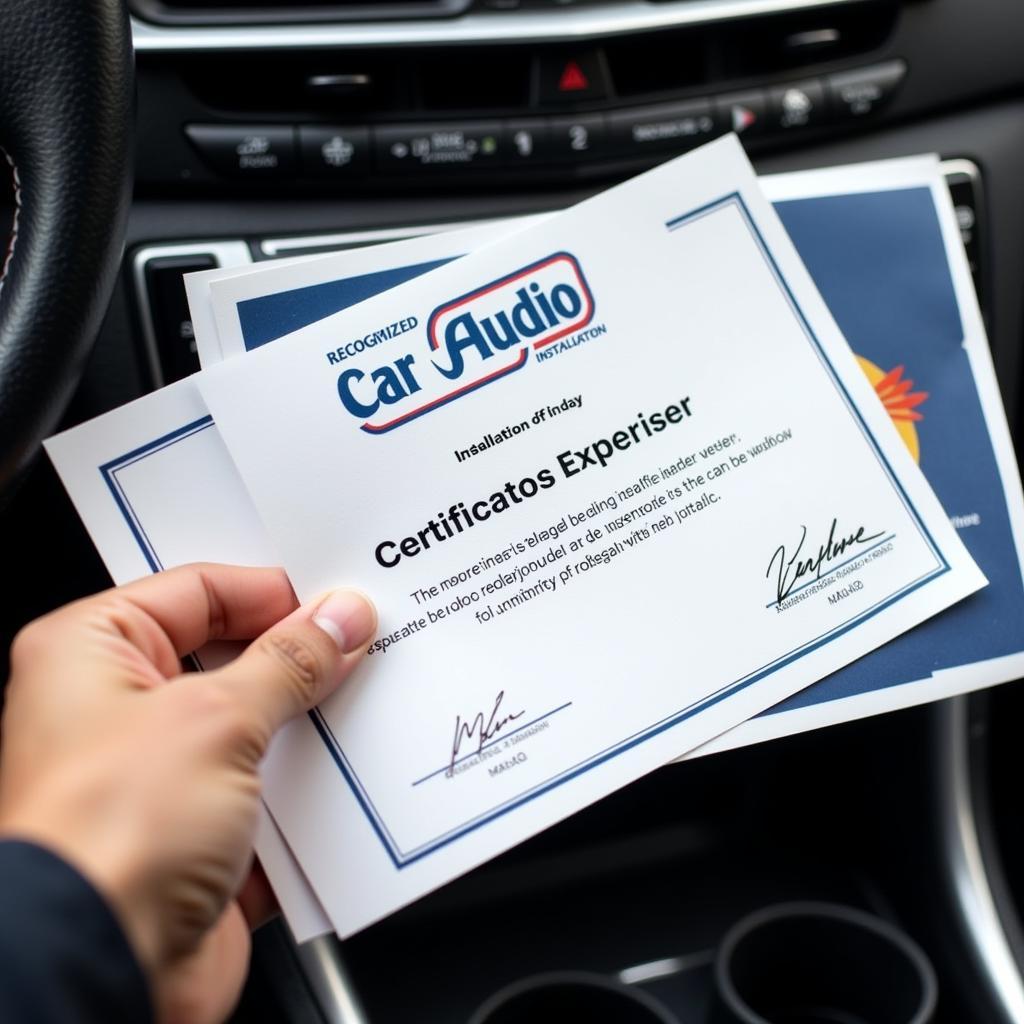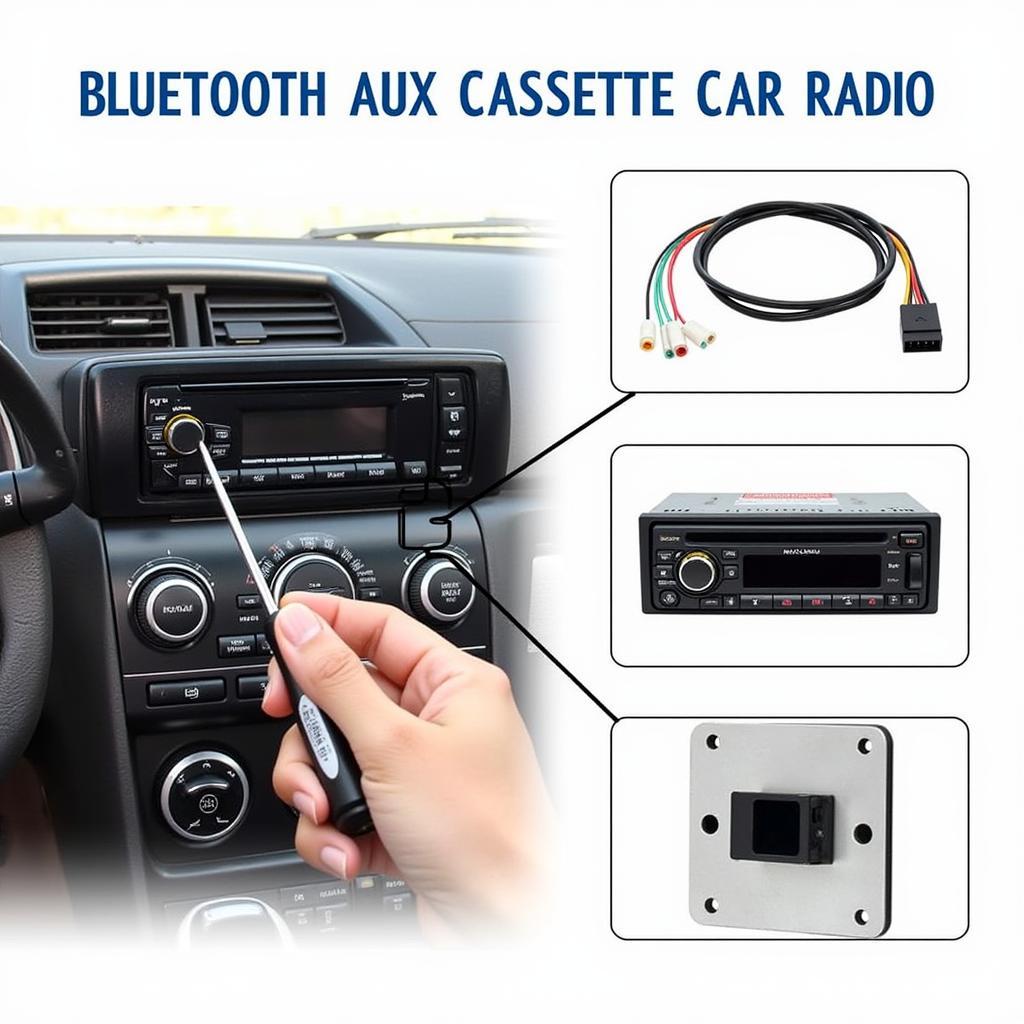A dead car battery is frustrating, especially when it happens repeatedly. If your car battery won’t hold a charge, it can signal a variety of underlying problems, from a simple loose connection to a more serious issue with the alternator or even parasitic drains. This comprehensive guide will delve into the common causes, diagnostic steps, and potential solutions for a car battery that constantly needs a jump.
 Car Battery Not Holding a Charge
Car Battery Not Holding a Charge
Understanding Why Your Car Battery Won’t Hold a Charge
Several factors can contribute to a car battery’s inability to hold a charge. These range from simple fixes to more complex issues requiring professional attention. Some of the most common culprits include a faulty alternator, a parasitic drain, corroded battery terminals, extreme temperatures, and even an old battery that’s simply reached the end of its lifespan. Identifying the root cause is crucial for effective and lasting repair. For example, if your Jeep Cherokee is experiencing battery issues, it’s essential to diagnose the problem accurately. You can find more information about jeep cherokee battery issues.
Common Causes of a Car Battery Discharge
- Faulty Alternator: The alternator is responsible for recharging the battery while the engine is running. A malfunctioning alternator won’t supply sufficient power, leading to a depleted battery.
- Parasitic Drain: Even when the car is off, certain electrical components can continue to draw power, slowly draining the battery. This can be caused by faulty wiring, malfunctioning interior lights, or aftermarket accessories.
- Corroded Battery Terminals: Corrosion on the battery terminals can disrupt the flow of electricity, hindering the charging process and leading to a weak battery.
- Extreme Temperatures: Both extreme heat and cold can negatively impact a battery’s performance and lifespan.
- Old Battery: Over time, a car battery’s ability to hold a charge diminishes. Eventually, it will need to be replaced.
- Driving Habits: Short trips and frequent starts can prevent the alternator from fully recharging the battery.
Diagnosing the Problem: Why My Battery Won’t Stay Charged
If you’re wondering, “my battery wont stay charged“, the first step is a thorough diagnosis. This involves checking the battery voltage, inspecting the alternator, and testing for parasitic drains. A multimeter can be a valuable tool in this process.
How to Check Your Car’s Charging System
- Check the Battery Voltage: Use a multimeter to measure the battery voltage with the engine off. A healthy battery should read around 12.6 volts.
- Inspect the Alternator: With the engine running, the voltage should increase to around 14 volts, indicating the alternator is charging the battery. If the voltage remains low, the alternator might be faulty.
- Test for Parasitic Drains: With the engine off and all accessories turned off, disconnect the negative battery cable and connect a test light between the cable and the negative terminal. If the light illuminates, it indicates a parasitic drain.
Solutions and Preventative Measures
Once you’ve identified the cause, you can take the appropriate steps to fix the issue. This might involve cleaning the battery terminals, replacing the alternator, or addressing a parasitic drain. Regular maintenance, like keeping the terminals clean and ensuring the battery is properly secured, can help prevent future problems. For persistent discharge issues, understanding the reasons a battery dies in car can be invaluable.
What to Do When Your Car Battery Always Discharges
If you find that your car battery always discharge, there are several solutions depending on the underlying cause:
- Clean Battery Terminals: Use a wire brush and a baking soda solution to clean any corrosion from the battery terminals.
- Replace the Alternator: If the alternator is faulty, it will need to be replaced.
- Address Parasitic Drains: Identify and fix the source of the parasitic drain. This might involve repairing faulty wiring or replacing malfunctioning components.
- Replace the Battery: If the battery is old or damaged, it will need to be replaced.
“Regular battery maintenance can significantly extend its lifespan and prevent unexpected breakdowns,” advises John Smith, Senior Automotive Technician at Advanced Auto Solutions.
Conclusion: Keeping Your Car Battery Healthy
A car battery that won’t hold a charge can be a significant inconvenience. However, by understanding the potential causes, utilizing proper diagnostic techniques, and implementing appropriate solutions, you can keep your car battery healthy and avoid unexpected breakdowns. Remember, preventative maintenance is key to a long-lasting battery. For instance, understanding jeep cherokee bad battery symptoms can help you address issues proactively.
FAQ
- How long should a car battery hold a charge without the engine running? A healthy battery should hold a charge for several weeks, even months, without needing to be recharged.
- Can a bad alternator drain a car battery? Yes, a failing alternator won’t charge the battery properly, eventually leading to a complete drain.
- How can I tell if my car has a parasitic drain? A simple test with a multimeter or test light can reveal if there’s a parasitic drain on your battery.
- How often should I replace my car battery? Car batteries typically last between 3 and 5 years, depending on usage and climate.
- What are the signs of a dying car battery? Common signs include slow engine cranking, dimming headlights, and clicking sounds when turning the key.
- Can I jump-start my car if the battery won’t hold a charge? Jump-starting can temporarily get your car running, but it won’t fix the underlying problem.
- Is it safe to drive with a battery that won’t hold a charge? It’s not recommended, as the car could stall unexpectedly. It’s crucial to address the issue promptly.



